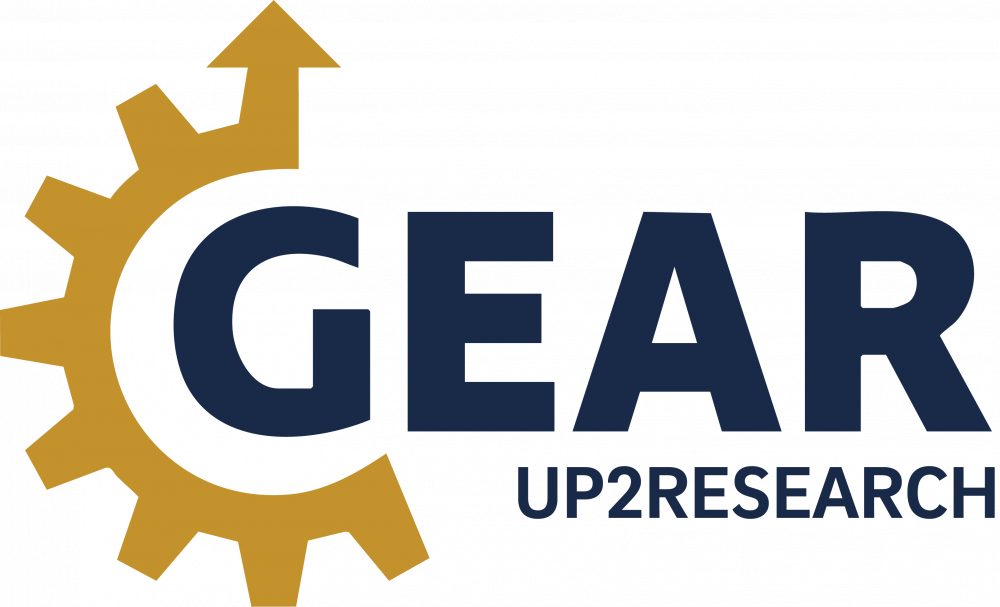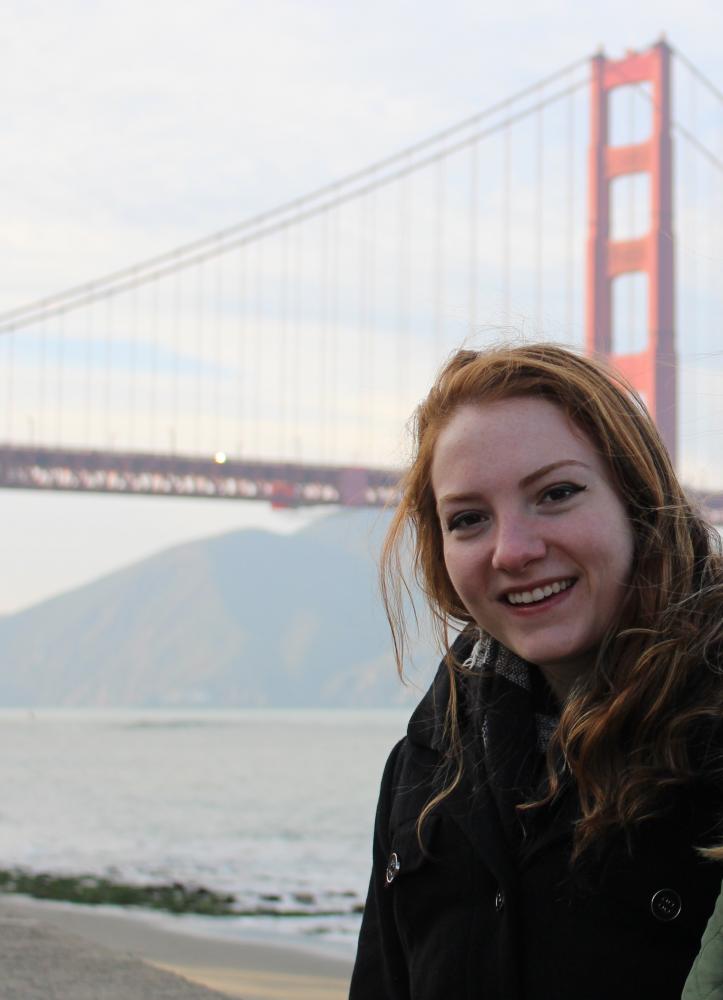
GEAR Up2Research INTEREST FORM!
Introducing GEAR Up2Research
Curious about research but not sure where to start? GEAR Up2Research is a flexible, self-paced program designed to help engineering undergraduates explore research, build confidence, and prepare to pursue undergraduate research opportunities. The program is built on three core pillars:
- GEAR Up2Research Canvas Course: The GEAR Up2Research Canvas Course is the foundation of the program. It consists of interactive, self-paced modules that guide students through understanding undergraduate research and preparing to pursue research opportunities.
- Mentorship & Coaching: GEAR Up2Research participants have access to mentorship and guidance from the GEAR Mentor, a graduate PhD student who is actively engaged in research. This mentorship is designed to help students navigate the research landscape and consider next steps.
- Research Workshops & In-Person Events: Throughout the academic year, the IDEA Center offers research-related workshops and in-person events that support students interested in undergraduate research, including: research skill-building workshops and panels and networking with faculty, graduate students, and peers
How do I get started?
- There is no application process!
- Opt in to GEAR by beginning the GEAR Up2Research Canvas Course. The course is entirely asynchronous and can be completed at your own pace.
Start the GEAR Up2Research Canvas Course (Link coming soon!)
Additional GEAR Up2Research and IDEA Center Opportunities:
Application to Summer Scholarship: Apply for IDEA's $7,500 Summer Research Scholarship. Open to all undergraduate engineering students engaging in research. Priority application status is given to students who complete the GEAR Up2Research Canvas Course.
Poster Presentation: Apply to share your research in a poster presentation at the engineering Undergraduate Research Symposium being held on May 28th, 2026. Priority given to students who complete GEAR Up2Research. Or, attend the event and see what types of research other Jacobs School undergraduates are doing.
Exclusive Networking Opportunities: Engage with faculty at GEAR faculty-mixers once you have completed the GEAR Up2Research Canvas Course
Expert Guidance: Seeking a research lab and not sure where to start? That's why we're here. GEAR Up2Research has mentors and staff to help get you started.
Meet your GEAR Up2Research Mentor
The GEAR Up2Research Mentor is a seasoned graduate student engaged in research who provides provide 1:1 feedback and small group support. Connect with the GEAR Mentor:
- If you have questions about GEAR or research in general!
- To check-in and get feedback as you move through the GEAR Up2Research Canvas Course.
- For guidance as you search for a research lab.
The current GEAR Up2Research is:
- Jenna Metera
- Winter 2026 Drop-In Office Hours: Tuesdays: 11:30-12:30pm (Starting 3/3/26)
- Click here to set up a 1:1 appointment
Previous GEAR Projects
Check out our YouTube Playlist for previous projects!
https://jacobsschool.ucsd.edu/idea/current-undergraduates/gear/labs-partnered-with-gear
Student Testimonials
"The lab I was placed in is very encouraging...I also love that the program is structured, and I feel like I have support and can reach out to multiple people if I need help..."
"I like how easy it is to communicate with everyone and how accessible it is to reach out if I need help. I also like having the push to read more research papers and explore ideas I otherwise would not have looked into."
News
Helping students make the most of undergraduate research
Two Jacobs School of Engineering programs are helping undergraduates broaden their understanding of what it means to study engineering by getting involved in engineering research. The Guided Engineering Apprenticeship in Research and Early Research Scholars Program bring second-year undergraduates into university research labs, where they work on team projects that contribute to the actual research mission of the lab. Both programs are aimed at students with no previous research experience and from traditionally underrepresented groups in engineering, and provide mentorship from people within the research lab, as well as outside guidance, mentorship and community building opportunities.
Questions? Contact IDEA at idea@ucsd.edu
Non Discrimination Statement
All Jacobs School of Engineering students are encouraged to participate. GEAR does not consider race, color, national origin, religion, sex, disability, and/or other protected categories as a participation requirement.
In accordance with applicable Federal and State law and University policy, the University of California does not discriminate, or grant preferences, on the basis of race, color, national origin, religion, sex, disability, and/or other protected categories. More information about Proposition 209 can be found here. More information about the University of California Anti-Discrimination Policy can be found here.




